News
British fishermen angry and betrayed over post-Brexit trade deal
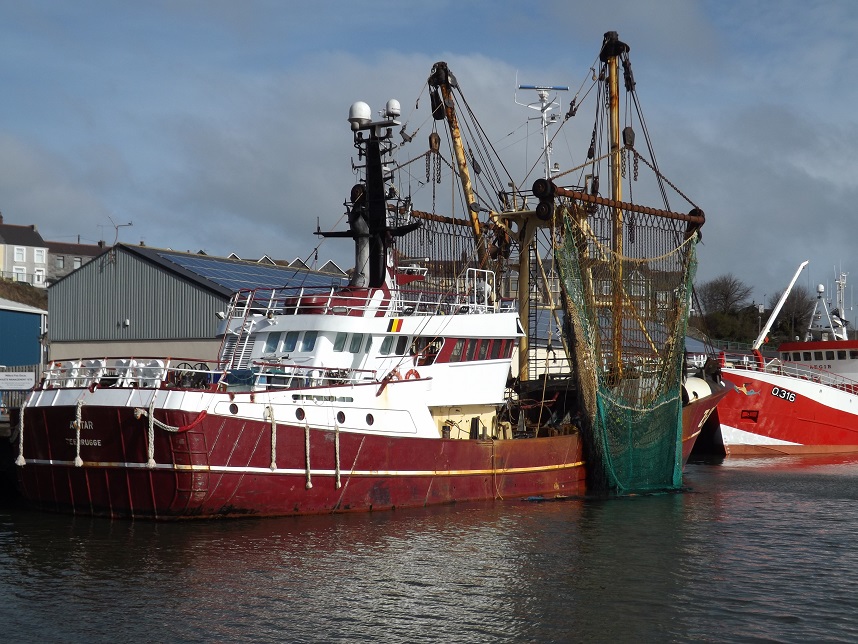
A FISHING INDUSTRY leader said he felt “angry, disappointed and betrayed” by the post-Brexit trade deal agreed by Boris Johnson, which he warned would force some firms out of business.
Barrie Deas, the chief executive, said that there was growing disappointment and frustration in the industry – with many fishers furious that EU boats will be able to fish up to six miles off the coast of Britain.
Andrew Locker, chairman of the National Federation of Fishermen’s Organisations (NFFO), added to the criticism, and said many fishing businesses would be “absolutely worse off by this deal”
Mr Locker who himself runs two boats said: “I don’t know how the hell we’re going to get through 2021. We used to swap the quota we didn’t want with the French and Germans didn’t want. That enabled us to put together a fishing plan. This year we’re going to be woefully short of the amount of saithe, hake and cod we can catch. I am angry, disappointed and betrayed.
There is anger that the “marginal” gains on the share of fish that the UK fleet will be allowed to catch may be outweighed by the end of the system of quota-swapping, which has until now enabled deals to be made between British boats and their European counterparts on mainland Europe.
This is despite The Cabinet Office minister, Michael Gove saying this week that the UK had struck the “best possible” deal for the UK fishing industry, as a whole.
Gove argued that at present British fishermen were entitled to about half the fish in UK waters but by 2026 this will increase to two-thirds.
The agreement, released on Boxing Day morning, contains numerous pages dedicated entirely to fishing policy in the UK and EU’s new relationship, and asserts the “sovereign rights” of EU states and the UK “for the purpose of exploring, exploiting, conserving and managing the living resources in their waters”.
However it also includes a line on “the social and economic benefits of a further period of stability, during which fishers would be permitted until June 30 2026 to continue to enter the waters of the other party”.
Mr Locker said he was not aware of any allowance in the trade deal for UK firms to trade fish quotas with EU countries, which is a crucial part of how the industry manages its catch.
He said many fishing firms would go out of business by the end of the transition in 2026, telling the BBC Radio 4 Today programme: “We are really, really going to struggle this
Mr Locker added: “When Boris Johnson and his government promised Brexit to the fishermen, he promised none of us would be worse off. And I can sit here now and tell you there is a considerable amount of fishing industry representatives and people, fishermen, small families, small communities, absolutely worse off by this deal.”
He said UK negotiators had won a “fraction” of the fishing quotas they had promised and warned about the prospect of having to revisit the deal when the transition period ends in 2026, describing it as a “can of worms”.
“When we were within the EU we used to trade fish with the EU and we used to swap fish that we didn’t use with fish they didn’t use, and that enabled us to put together an annual fishing plan,” he said. “What we’ve got now is a fraction of what we were promised through Brexit, a fraction of the fish we need to fish our annual fisheries plan through Brexit.”
A senior member of the UK’s negotiating team defended the agreement, and described fish as “one of the areas where we had to compromise somewhat”, but said this had been done by “both sides”.
The official said: “The crucial thing on fisheries policy is that although there is a transition, at the end of the transition it returns to normal arrangements, and we have full control over our waters.
“There’s a transition to that point and ideally we would’ve got out of it a bit faster, but where we’ve got to is acceptable and offers gains for the fisheries industry in the short run and a huge right to control everything and work within that after this five-and-a-half-year transition.”
Business
Builder wins court case against his solicitor — but still hasn’t seen a penny years later

Retired builder won over £130k from Milford Haven form Price and Kelway in 2022 for negligence, but is still waiting to be paid due to ongoing divorce
A NOW-RETIRED Pembrokeshire builder who won a six-figure professional negligence case against his former solicitors says he has still not received any of the money — almost four years after the court ruled decisively in his favour.
David Norman Barrett secured judgment in 2022 after a judge found that failures by the law firm Price & Kelway had caused him to lose the opportunity to pursue a potentially valuable claim against HSBC and HSBC Life.
The court ordered that damages, interest and costs totalling £130,820 be paid. Permission to appeal was refused.
Yet Mr Barrett says the legal victory has brought him no closure — because he has yet to see a single pound.
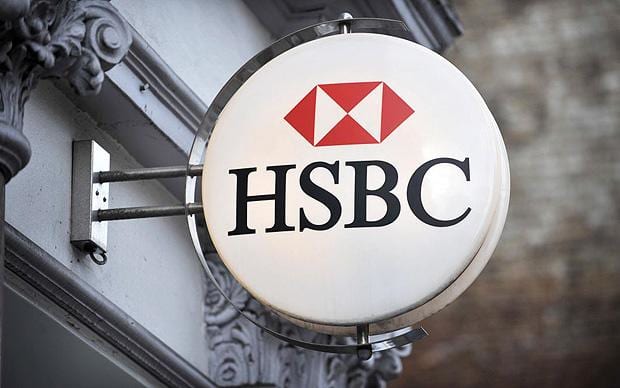
A clear win on paper
The negligence case arose from a failed property development at Ludchurch, near Narberth, where Mr Barrett borrowed money from HSBC in 2007 to purchase land and build two houses.
He later alleged that the bank departed from an agreed funding model, draining development funds prematurely and leaving the project financially unviable. He also claimed that associated life insurance policies were mis-sold.
After years of dispute with the bank — including an unresolved complaint to the Financial Ombudsman Service — Mr Barrett instructed Price & Kelway.
He did this after hearing a radio advert for the solicitor’s firm on Radio Pembrokeshire. On November 7, 2012 Mr Barrett had a meeting with Mr Gareth Lewis, a partner in the firm.
“After that date and paying the a large amount in legal fees, progress was slow”, Mr Barrett said.
He added: “I gave Mr Lewis lots of paperwork, but work was not done in a timely fashion”
Proceedings against HSBC were eventually issued too late and struck out as time-barred, court documents show.
In 2022, the court found that the solicitors had failed to properly advise on limitation deadlines and that this negligence caused Mr Barrett a “loss of chance” to pursue or settle his claims.
Damages were assessed at £42,000, with statutory interest and costs bringing the total award to £130,820.
Money paid — but not released
Documents seen by The Herald show that following the conclusion of the case, a portion of the judgment money — £34,405.49 after fees and disbursements — was paid into the client account of Mr Barrett’s own solicitors, Red Kite Law LLP.
However, correspondence confirms that the funds have not been released due to an ongoing divorce between Mr Barrett and his wife, Dianne Carol Barrett, who was also named as a joint claimant in the negligence proceedings.
Red Kite Law has stated in writing that it cannot distribute the money without agreement from both parties, or a court order determining entitlement. The firm has also made clear that it cannot hold client money indefinitely and may ultimately be required to pay the funds back into court if the dispute remains unresolved.
‘This was business money’
Mr Barrett strongly disputes that the judgment award forms part of the matrimonial assets.
He told The Herald that the negligence case related entirely to his work as a self-employed builder and property developer, and that the damages awarded were compensation for business losses.
“This money didn’t arise from our marriage,” he said.
“It arose from my business. I was a sole trader. The claim was about my development project and professional advice I received as a builder.
“It wasn’t family savings or joint income. It was compensation for business losses.”
Mr Barrett says the stress and financial pressure of the prolonged litigation played a significant role in the breakdown of his marriage.
Years of financial strain
Earlier cost breakdowns from the case show that Mr Barrett personally paid more than £16,000 over several years to fund the negligence action, alongside significant unpaid disbursements incurred as the case progressed.
He says the litigation drained his finances long before judgment was handed down and left him struggling even after he technically “won”.
Now reliant on his pension and benefits, he says the continued freezing of the remaining funds has left him in financial limbo.
A legal deadlock
Where competing claims exist over money held in a solicitor’s client account, firms can find themselves acting as stakeholders.
Under professional rules, solicitors may retain funds until entitlement is resolved by agreement or court order, to avoid the risk of releasing money to the wrong party.
Red Kite Law has stated that it cannot advise either Mr Barrett or his wife on the dispute due to a conflict of interest, and has suggested options including a restricted joint account or transfer to a neutral third party — proposals which, to date, have not resolved the deadlock.
Personal cost
Beyond the legal arguments, Mr Barrett says the personal toll has been severe.
“The case broke us,” he said.
“And even after winning, I’m still fighting — this time just to get what the court already awarded.”
No allegation of wrongdoing
The Herald stresses that no finding of wrongdoing has been made against Red Kite Law LLP.
The firm has not been accused of acting unlawfully, and the dispute centres on how the judgment award should be classified and distributed in light of ongoing matrimonial proceedings.
The case raises wider questions about whether winning in court always delivers justice — and how long successful litigants can be left waiting for payment when personal and legal systems collide.
The Herald contacted Price and Kelway for comment at their main email address, but at the time of publication had received no response.
Farming
Forgotten meats tipped as future ‘superfood’ comeback
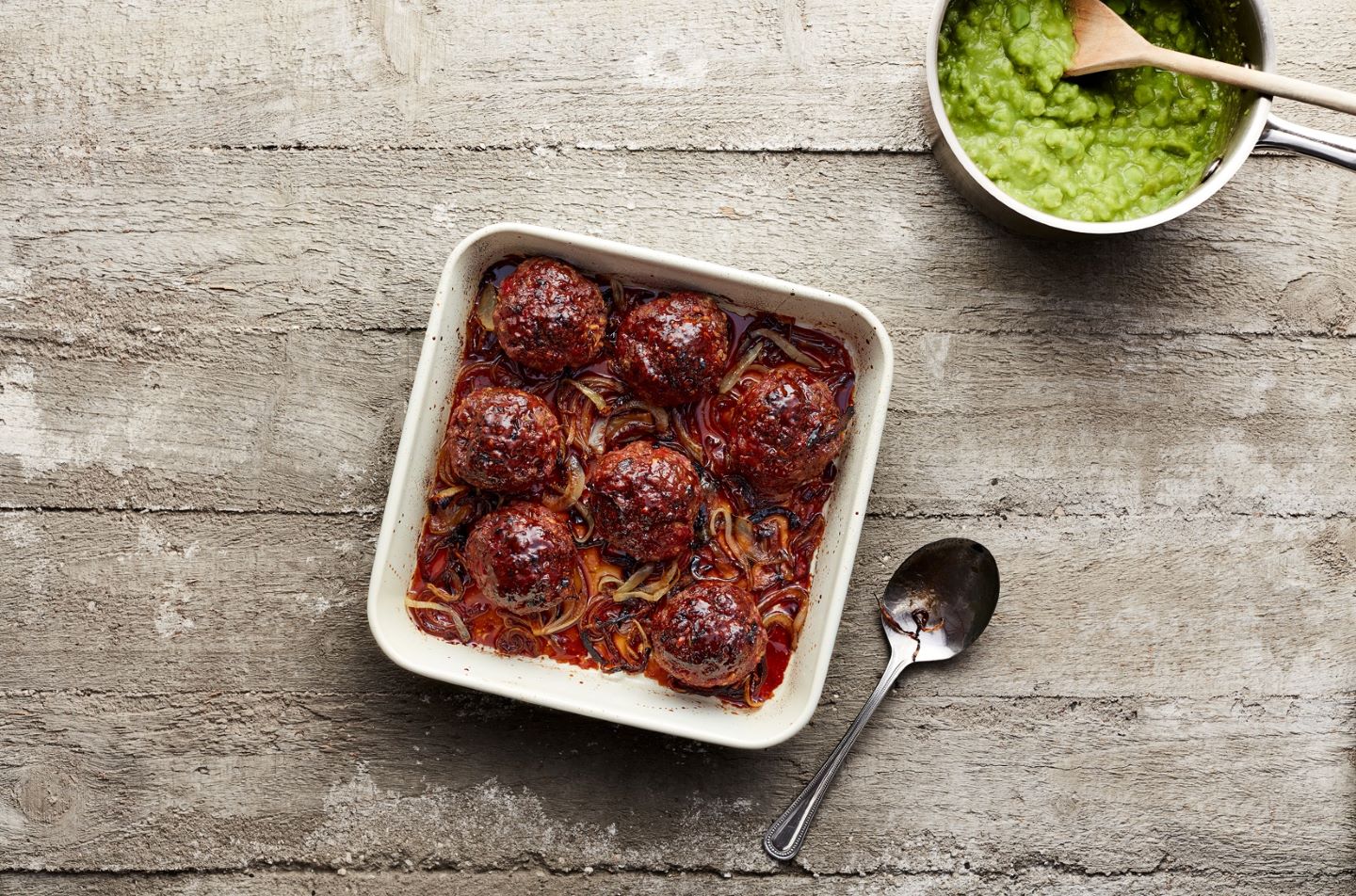
SO-CALLED “forgotten meats” such as liver, heart and kidneys could soon find their way back onto dinner plates, with scientists suggesting they may offer a cheap, sustainable and highly nutritious alternative to modern ultra-processed foods.
Offal was once a staple of everyday diets across the UK, particularly in working-class households, but has steadily fallen out of favour in recent decades despite being rich in iron, protein and essential vitamins.
Now researchers at Aberystwyth University are working with Hybu Cig Cymru (HCC) to understand why demand has dropped and whether these cuts could be repositioned as affordable “superfoods”.
Scientists say that when nutrient-dense parts of the animal go uneaten, valuable food is effectively wasted.
Dr Siân Mackintosh, from the university’s Institute of Biological, Environmental and Rural Sciences (IBERS), said these meats could play an important role in healthier and more sustainable diets.
“Where they are not being used, these nutrient-dense ‘forgotten meats’ represent a significant loss of nutrients from our food chain,” she said. “Incorporating them as part of a balanced diet could support human health while also reducing food waste and improving environmental outcomes.”
Taste tests win over public
To test public attitudes, HCC staff have been running tasting sessions at major agricultural events including the Royal Welsh Show and the Winter Fair in Llanelwedd.
Visitors sampled dishes made with Welsh lamb’s liver, including stroganoff, traditional faggots and pâté. Organisers say many people were surprised by the flavour and keen to learn how to cook them at home.
Dr Eleri Thomas, Future Policy and Project Development Executive at HCC, said interest was stronger than expected.
“We believe there is significant potential for these forgotten meats to be incorporated back into our diets,” she said. “Consumers liked the flavour and wanted recipes and cooking tips, as well as understanding the nutritional value.”
She added that making better use of undervalued cuts could improve sustainability across the meat supply chain while creating new marketing opportunities for Welsh producers.
Part of wider sustainability project
The work forms part of the SMART Nutrient Cymru project, funded through the Welsh Government’s innovation support scheme.
Project lead Dr Christina Marley said the aim is to capture nutrients currently being lost across the agri-food system.
Alongside the collaboration with HCC, the team has also partnered with Dŵr Cymru Welsh Water on land management to protect rivers, and with British Wool to explore new uses for fleece by-products.
IBERS itself is one of eight UK research institutes strategically supported by Biotechnology and Biological Sciences Research Council, providing national expertise in grassland and plant breeding science.
Researchers say that with food prices rising and pressure growing to reduce waste, traditional nose-to-tail eating could offer both economic and environmental benefits.
Image: Welsh lamb faggots (Pic: HCC)
Crime
Man fined after obstructing police in Haverfordwest
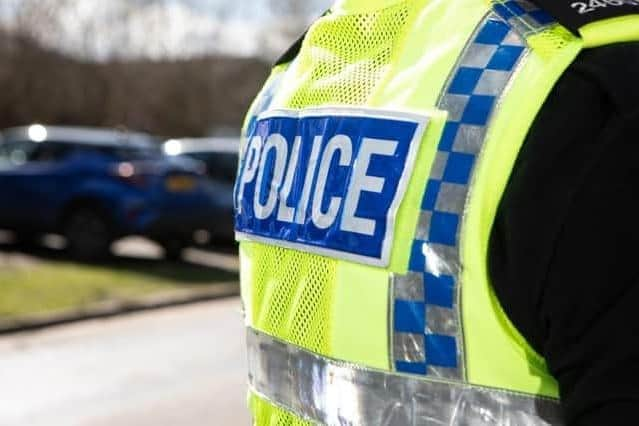
A HAVERFORDWEST man has been fined after admitting obstructing police officers during an incident in the town centre.
John Smith, aged twenty-seven, of Castle Street, Haverfordwest, pleaded guilty at Haverfordwest Magistrates’ Court to wilfully obstructing a constable in the execution of their duty.
The offence took place on Tuesday (Feb 3).
Magistrates fined him £160 and ordered him to pay £85 costs and a £64 victim services surcharge.
-

 Crime2 days ago
Crime2 days agoSex offender jailed after living off grid in Pembrokeshire and refusing to register
-

 Health1 day ago
Health1 day agoHealth board targets rise in steroid and gym drug use across west Wales
-

 News3 days ago
News3 days agoPrincess of Wales visits historic Pembrokeshire woollen mill
-

 Crime1 day ago
Crime1 day agoTeacher injured and teenager arrested for attempted murder at Milford Haven School
-

 Health5 days ago
Health5 days agoDoctor struck off after sexual misconduct findings at Withybush Hospital
-

 Crime3 days ago
Crime3 days agoHakin man’s appeal delayed again as Crown Court seeks guidance on insurance law
-
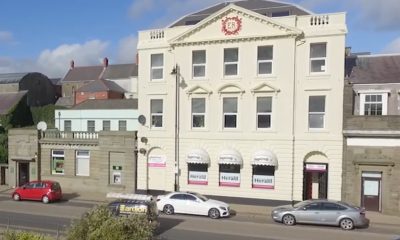
 News5 days ago
News5 days agoHerald journalists to feature in true-crime documentary on local lockdown murder
-

 Education6 days ago
Education6 days agoIndustry insight helps marine cadets chart career course
























